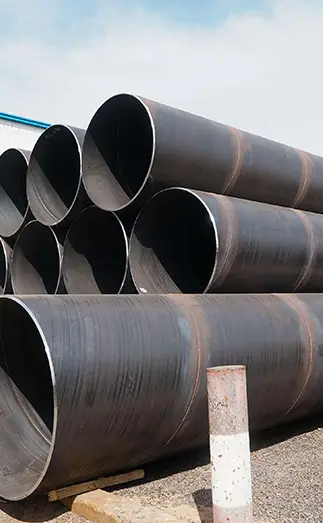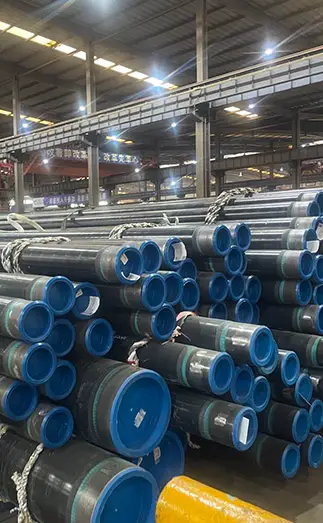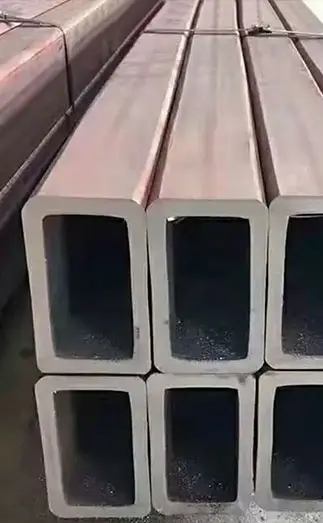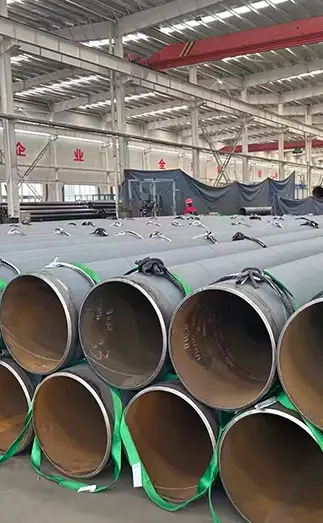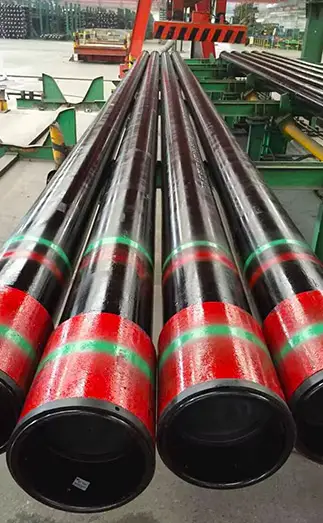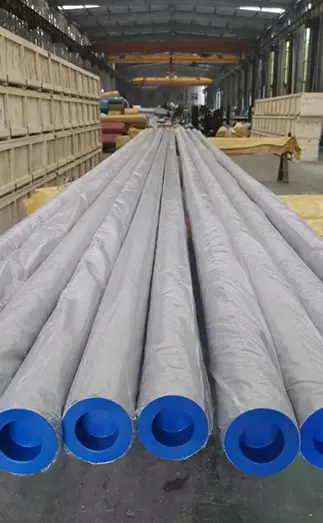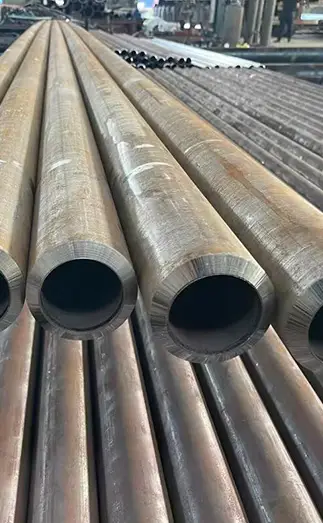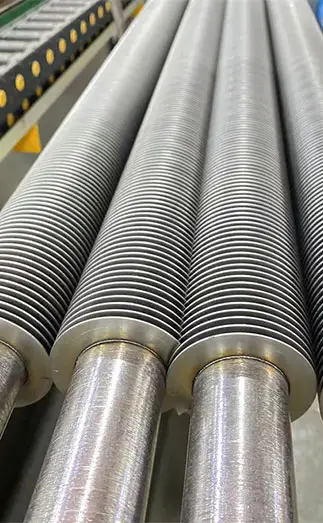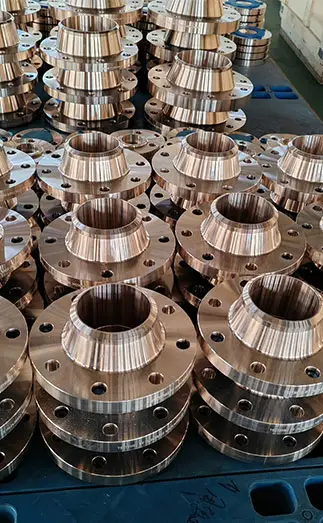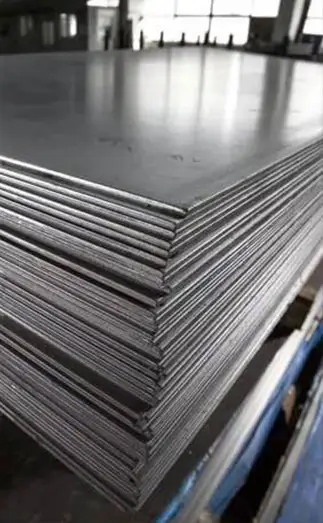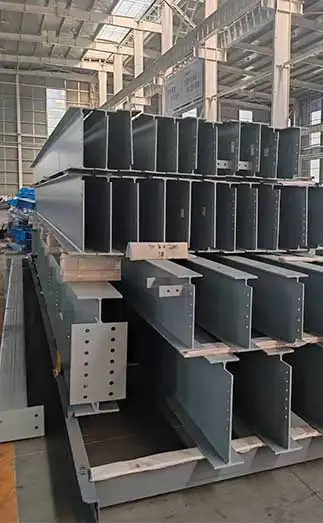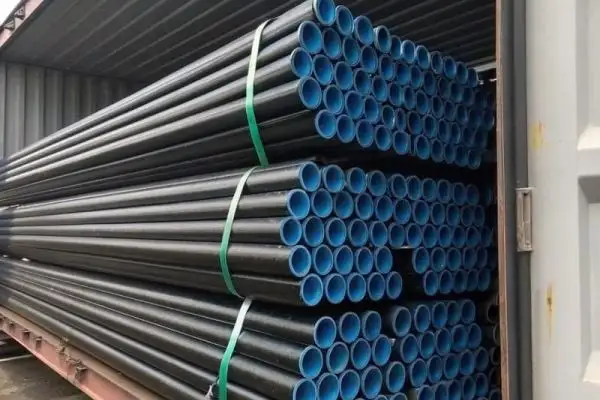Deepwater Borewell Casing Pipes are essential components used to protect borewell walls, preventing collapse and contamination. These casing pipes come in various types, each with distinct material properties and manufacturing processes suited to different applications. Below, we explore the different types of deepwater borewell casing pipes and their characteristics in detail.
Super Steel Manufacturing Co.,Ltd is professional casing pipe manufacturer, for more details, please contact:sales@super-steels.com
1. Seamless Pipe
A seamless pipe is a type of casing pipe made from a single piece of metal, with no seams on its surface. This construction gives the pipe high strength and pressure resistance, making it ideal for high-pressure environments like deepwater borewells. Though the manufacturing process is more complex and costly, the seamless pipe’s superior performance makes it the top choice for high-end borewell applications. Key advantages include:
Compressive Strength: Up to 550 MPa or higher (per API standards)
Pressure Resistance: The pressure-bearing capacity is 30-45% higher than comparable welded pipes
Manufacturing Process: Requires normalizing/tempering heat treatment to eliminate residual stress
Typical Applications: Ultra-deep borewells (>500m), high mineralization formations, geothermal borewells, and other harsh conditions
2. Straight Seam Resistance Welded Steel Pipe
A straight seam resistance welded steel pipe is made by welding steel plates into a tubular shape using resistance welding technology. This type of casing pipe has a simpler manufacturing process and is more cost-effective. While its strength and pressure resistance are somewhat lower than seamless pipes, it meets the needs of general borewell applications. Key advantages include:
Welding Efficiency: Production speed of 20-30 meters per minute
Cost Advantage: 40-60% lower procurement cost compared to seamless pipes
Quality Assurance: Modern online eddy current detection ensures 100% weld monitoring
Applications: Medium and shallow freshwater borewells (<300m), temporary water intake projects
3. SSAW Steel Pipe
An SSAW steel pipe is produced using submerged arc welding (SAW) technology, resulting in a spiral weld. This type of casing pipe offers high production efficiency at a moderate cost and is ideal for large-scale water borewell projects. SSAW steel pipes provide a balance of performance between seamless and straight seam welded pipes, making them a cost-effective option. Key advantages include:
Structural Characteristics: Spiral welds distribute stress more evenly
Diameter-to-Thickness Ratio: Up to 100:1, which is 30% better than straight seam pipes
Engineering Benefits: Single pipe lengths of up to 12-18 meters reduce the need for on-site joints
Best Application: Large-scale centralized water supply projects, riverside water intake projects
Selection Recommendations
When choosing deepwater borewell casing pipes, it's crucial to consider engineering requirements, budget constraints, and performance needs:
Seamless Steel Pipes offer superior performance but come at a high cost, making them ideal for applications with extreme strength and pressure resistance demands. They are commonly used in drill pipes and OCTG pipes, where precision and high strength are critical for oil and gas projects.
Straight Seam Electric Resistance Welded Steel Pipes are cost-effective and suitable for projects with limited budgets and lower performance demands.
Spiral Seam Submerged Arc Welded Steel Pipes provide a balance between cost and quality. They are particularly useful for large-scale water borewell projects, where a large quantity of casing pipes is needed. This option ensures adequate quality while helping control costs.
Summary
As the cornerstone of water borewell projects, deepwater borewell casing pipes play a crucial role in maintaining the stability of borewell walls, preventing formation pollution, and ensuring water quality. Selecting the appropriate casing pipe not only affects construction efficiency but also impacts long-term operational costs and water safety. It is advisable to consult with pipe suppliers and construction teams early in the design phase to make well-informed decisions based on geological conditions, borewell depth, water quality, and other project-specific factors.



 English
English Español
Español Français
Français بالعربية
بالعربية